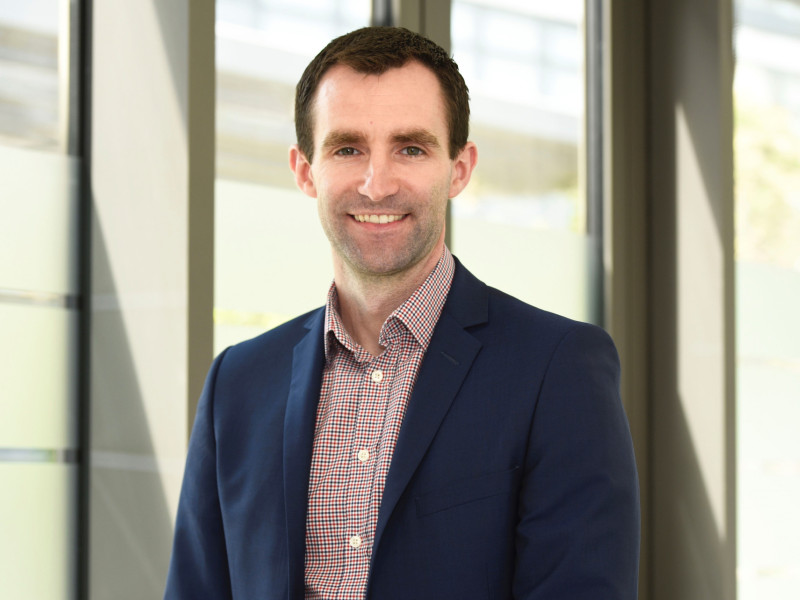Callum Irvine, VP Global Safety and Security at IHG Hotels and Resorts, explains the changes he has noted in the profession
Why did you get involved in IIRSM Council?
At the time, I was heading up Deloitte’s HSE consulting practice, which was part of a wider risk management consulting practice, so it felt like a good meeting of interests, particularly at a time where IIRSM was contemplating it’s position between health and safety and the wider risk environment. I was a Trustee since 2018 and became the first ever Co-President for IIRSM with Ruth Denyer in 2021. Ruth and I both felt we could contribute a lot to IIRSM but were practical about the limits that our heavy day-to-day jobs impose. We believed that two good people with different skills contributing 50 per cent to the President’s role could add up to more than 100%!
What did you aim to tackle during this time for the Institute?
There was a recurring sense of chronic unease – the feeling that we needed to really examine why members needed IIRSM to exist, and how those members might be evolving in terms of needs or expectations – often in response to how their own job roles were evolving. The sense of unease was a useful instrument to make sure that we weren’t resting on our laurels. The Trustees were living by the virtues we were encouraging in our membership – to respond to risks around us in order to be successful in the future.
This was particularly apparent during the Covid-19 pandemic when members who had never considered enterprise risk a part of their role were being increasingly exposed to that domain. It was fortuitous in a way, providing a clear case study of why risk matters and not just health and safety.
What changes in the profession have you noted?
Earlier in my career it seemed safety was a tricky profession to get into and was mainly made up of people who had accumulated 10 to 20 years of experience in operations roles and then had been gradually taking on areas of risk and safety. Today, however, it seems to be a much more open and inclusive area, with more people moving into early career roles in risk and safety, which is great to see.
We seem to have grown out of the stigma that you need to have served for years to give people advice, and that being resourceful and having the ability to communicate and influence – skills that can be developed by anyone - are much more central to success in some safety and risk roles.
I suppose next we might need to imagine the widespread use of digital agents based on generative AI being used to provide much of the technical advice our stakeholders need. Front-footed professionals will be thinking now about how the nature of our roles might evolve as a result, and what risk-related skills and capabilities will be in highest demand in future.
Thank you for enquiry
A member of staff will be in touch soon. Regards, IIRSM



